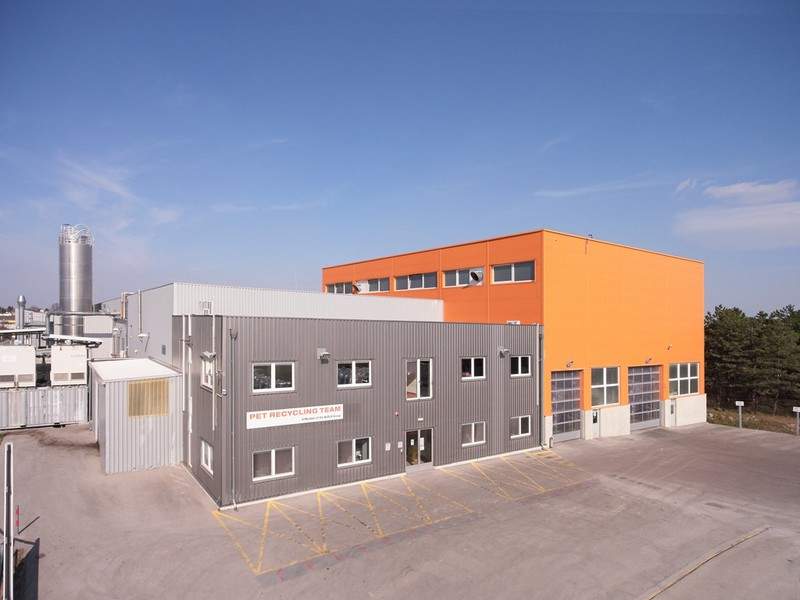

A new study has found that recycled PET (rPET) packaging produced by ALPLA’s fully owned subsidiary PET Recycling Team results in nearly 79% lower carbon dioxide (CO2) emissions compared to new material.
The results of the study, conducted by denkstatt, are significantly higher than previously estimated.

Discover B2B Marketing That Performs
Combine business intelligence and editorial excellence to reach engaged professionals across 36 leading media platforms.
ALPLA, which has been working on PET recycling for more than 20 years and under its sustainability strategy programme, commissioned denkstatt to identify the carbon footprint for rPET.
The carbon footprint implies a number of greenhouse gas emissions that a product will release throughout its entire lifecycle.
The study found that rPET produced by PET Recycling Team at its facility in Wöllersdorf, Austria, has a carbon footprint of 0.45kg CO2 equivalent per kilogram of rPET, while Virgin PET or new PET material accounts for a CO2 equivalent of 2.15kg per kilogram.
These results correspond to a CO2 equivalent of 1.7kg or 79% lower greenhouse gas emissions for rPET.

US Tariffs are shifting - will you react or anticipate?
Don’t let policy changes catch you off guard. Stay proactive with real-time data and expert analysis.
By GlobalDataWöllersdorf plant manager Peter Fröschel said: “The savings for a single kilogram of rPET are enough to power a 13W bulb continuously for 20 days in the Austrian power mix.”
The study calculated carbon footprint in accordance with ISO 14044, considering the comprehensive process of PET bottle recycling from its collection to granulating at the plant.
denkstatt’s analysis is based on last year’s electricity and gas consumption at the Wöllersdorf recycling plant.
Besides Wöllersdorf, ALPLA conducts recycling processes at two additional sites, a joint venture in Mexico and a new recycling plant in southern Poland.
The combined annual capacity of the three facilities is nearly 65,000t of food-grade rPET.
Image: On behalf of ALPLA and PET Recycling Team, denkstatt calculated the carbon footprint of recycled PET. Photo: courtesy of ALPLA.





